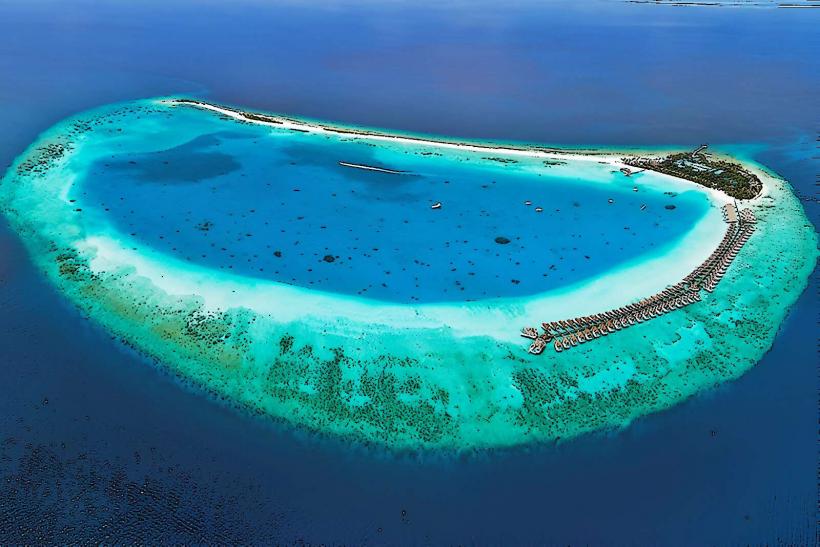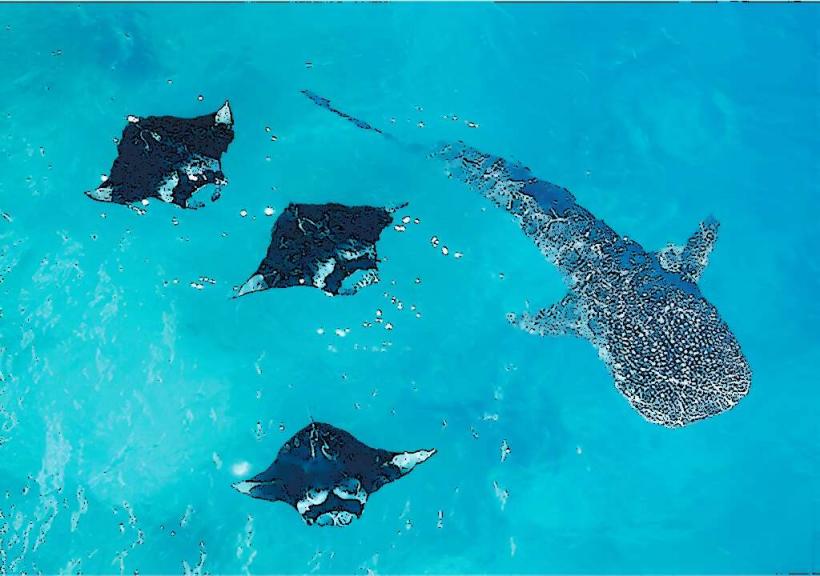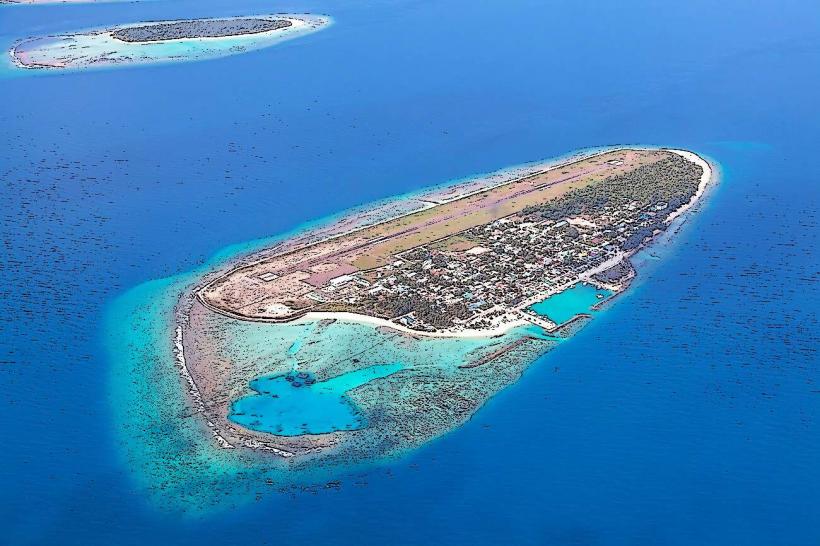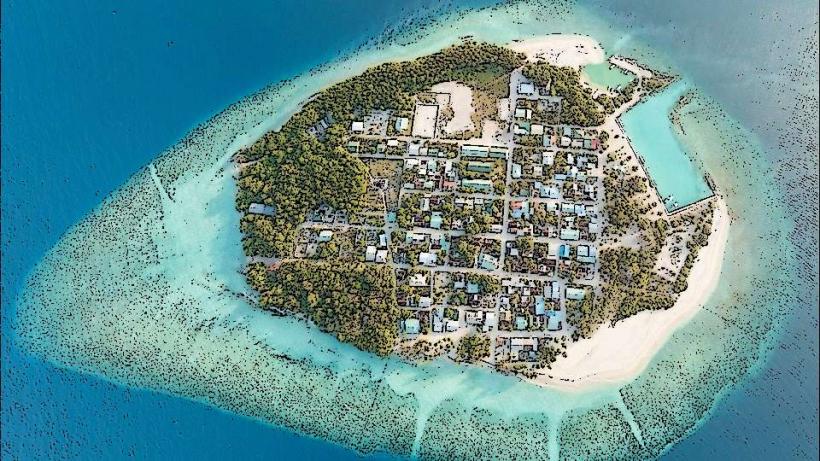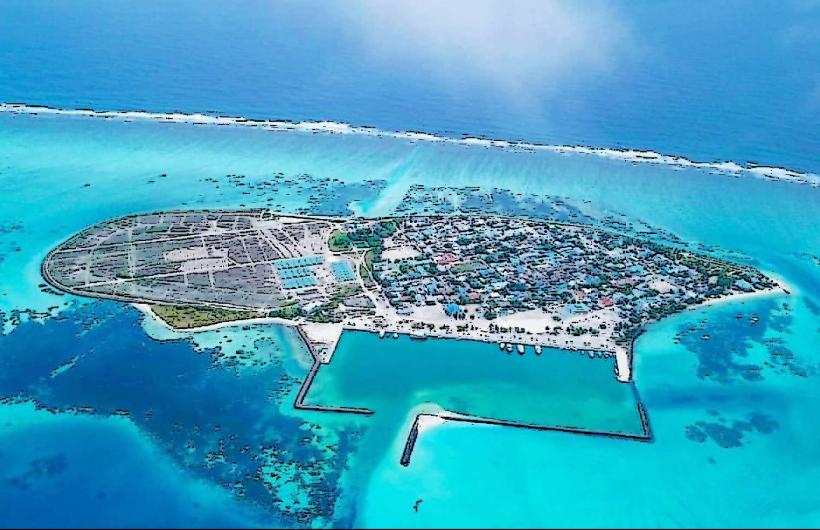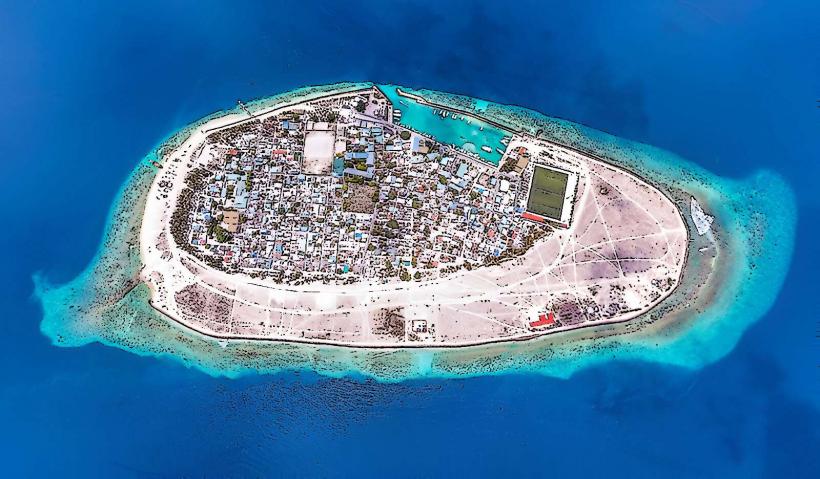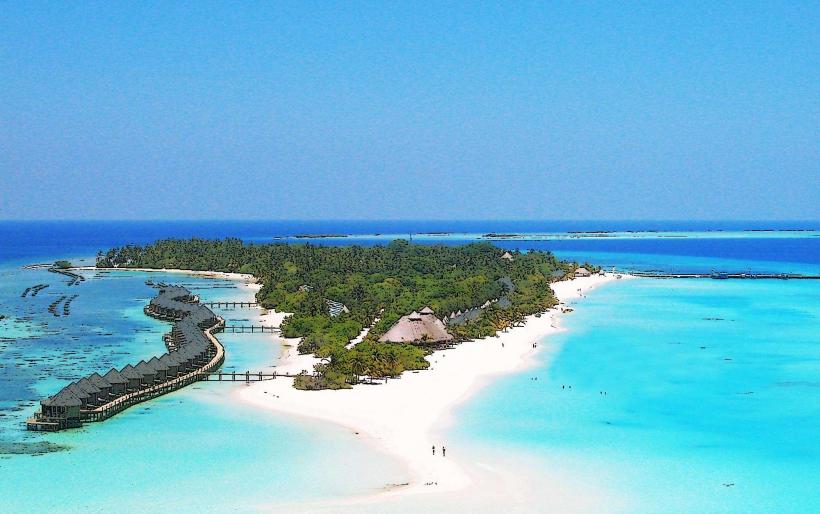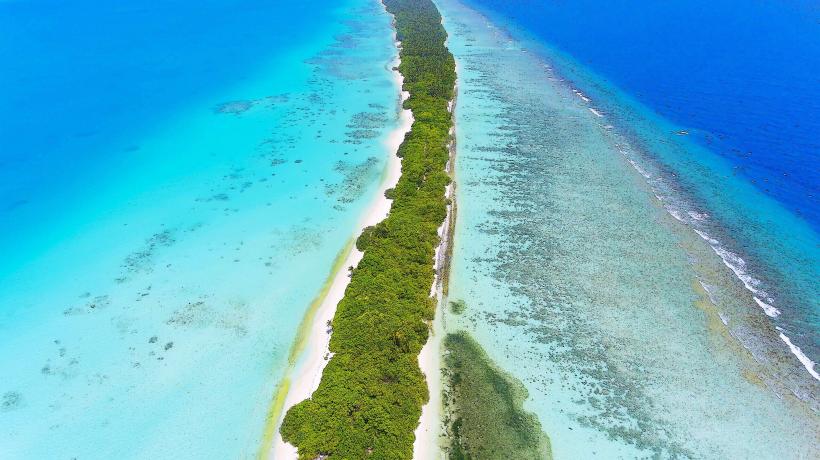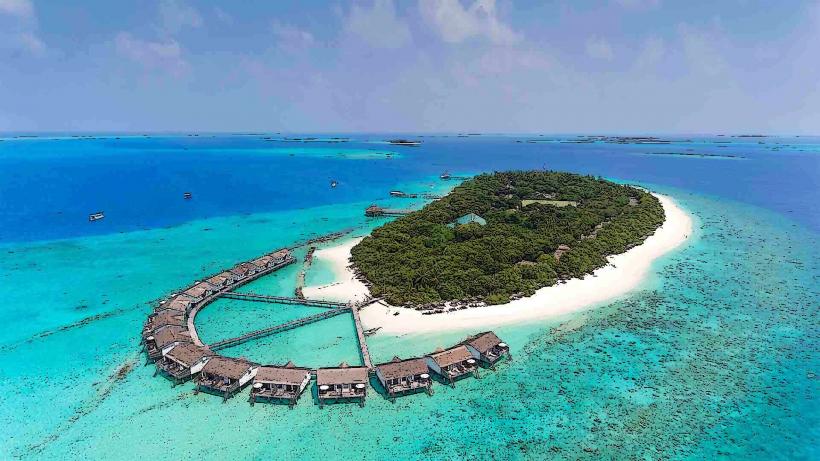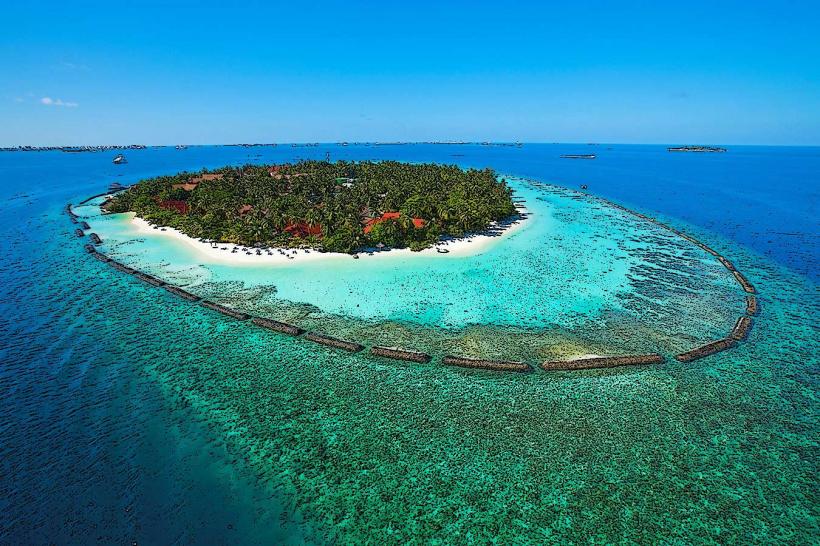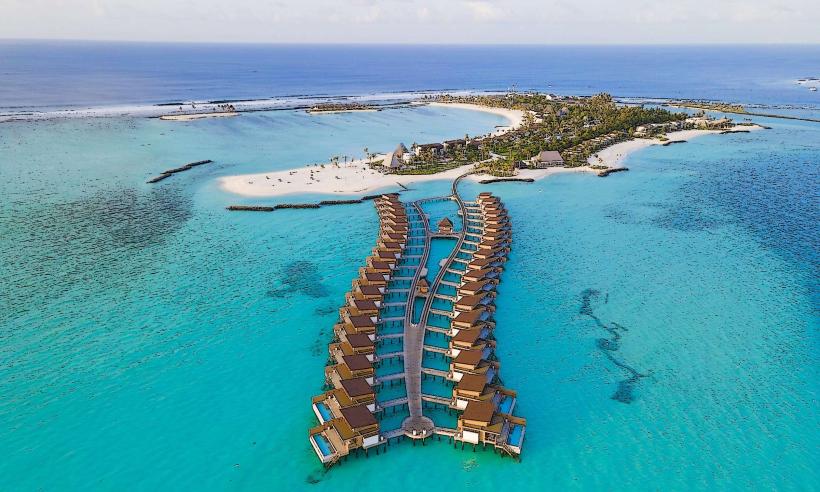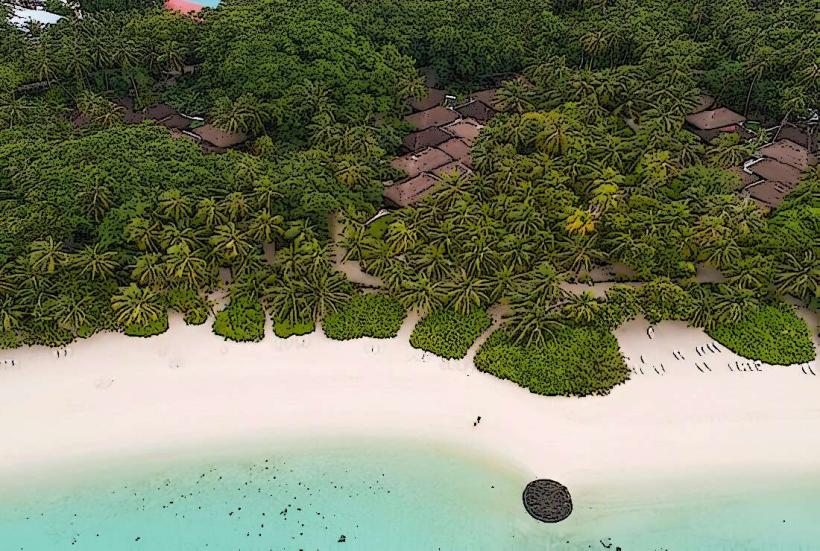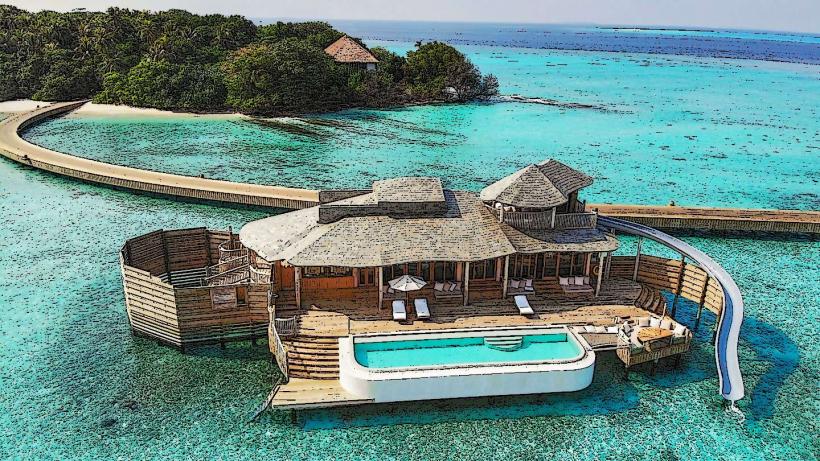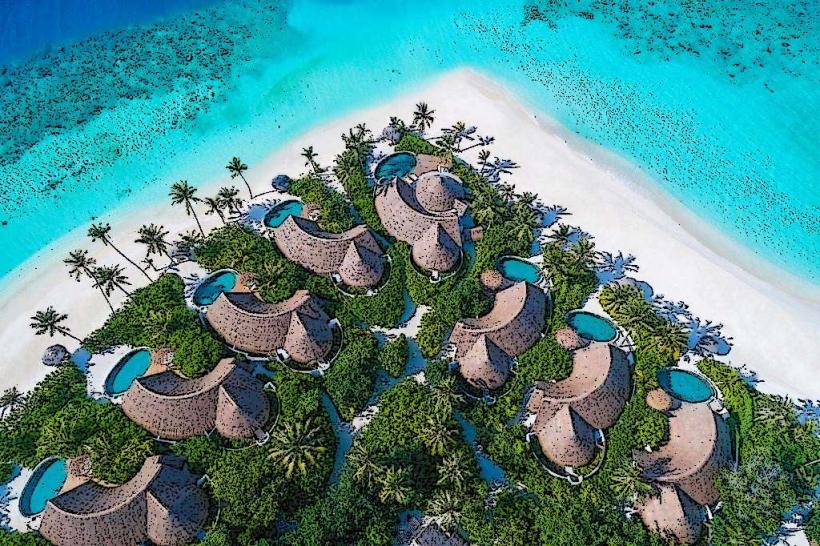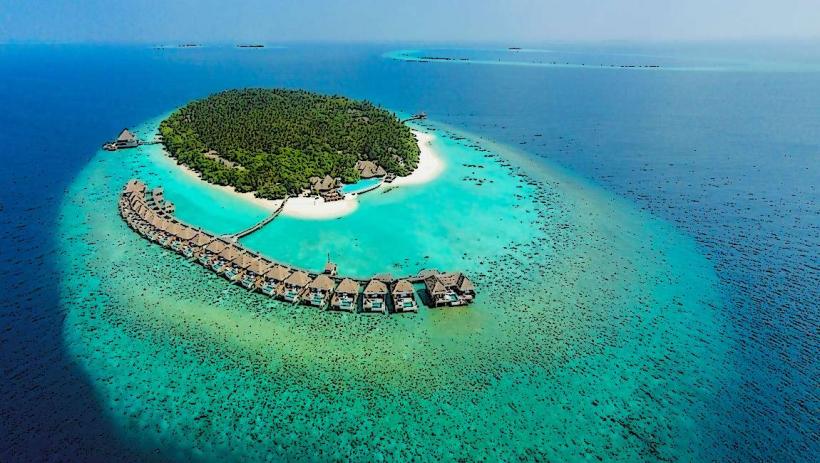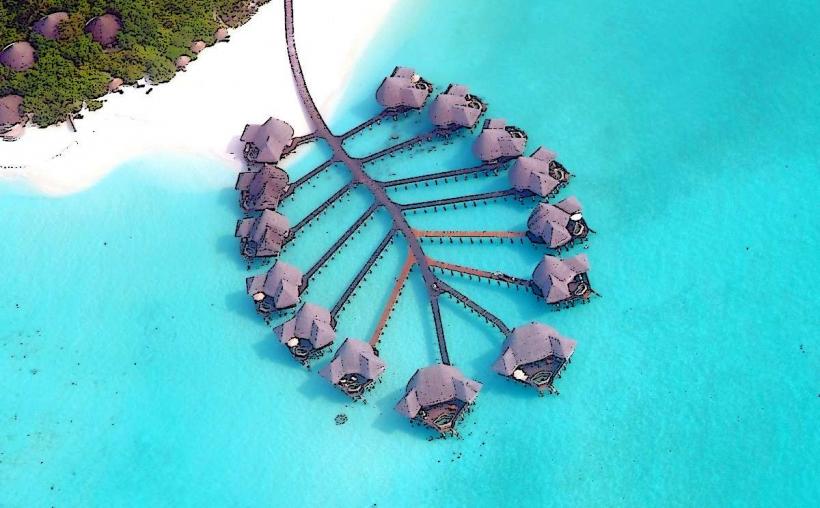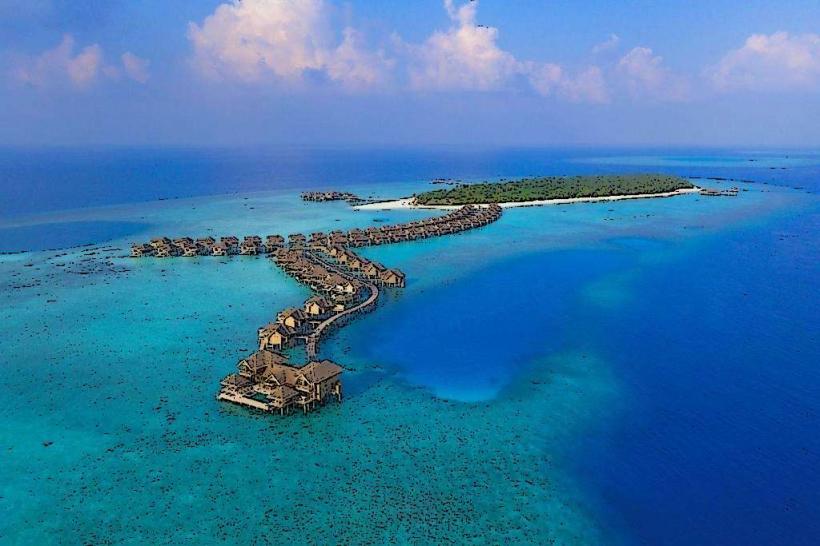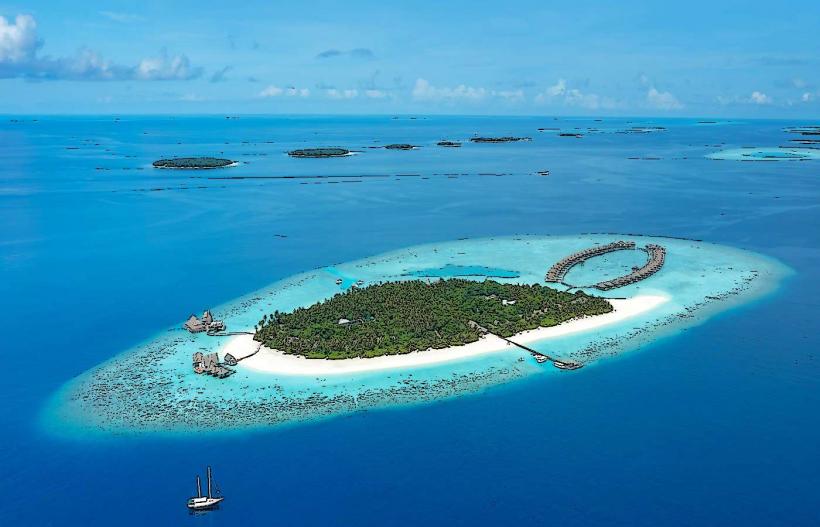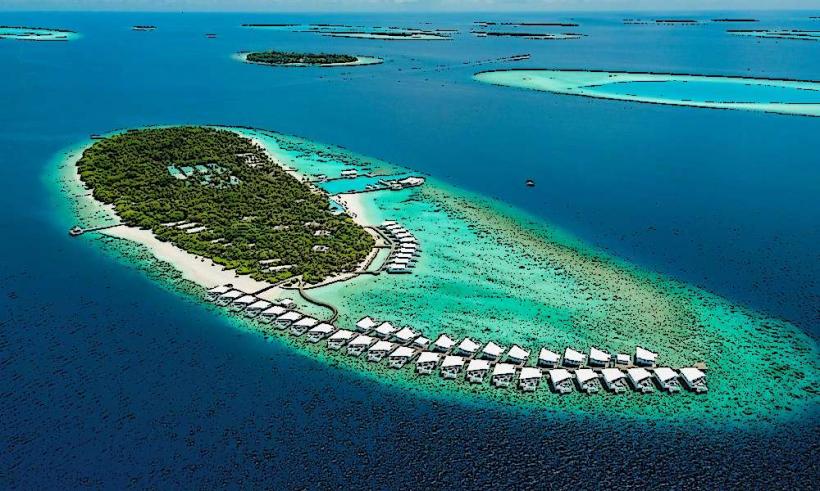Information
City: Baa AtollCountry: Maldives
Continent: Asia
Baa Atoll, Maldives, Asia
Baa Atoll, also known as Southern Maalhosmadulu Atoll, is a world-renowned marine sanctuary located in the western chain of the Maldives. It consists of 75 islands, of which 13 are inhabited. In 2011, it was designated a UNESCO World Biosphere Reserve, recognizing its globally significant biodiversity and long-standing tradition of sustainable interaction between humans and nature.
Historical Timeline
Historically, Baa Atoll was a center for traditional Maldivian crafts, particularly lacquer work and weaving. Its location on the western edge of the archipelago made it a strategic point for mariners navigating the Indian Ocean. Following the UNESCO designation in 2011, the atoll transitioned into a leading model for conservation-led tourism, balancing high-end luxury resorts with strict environmental protections.
Demographics & Population
The population is approximately 12,000. The administrative capital is Eydhafushi, which is the most populous island and the primary hub for trade and education in the atoll. Residents are predominantly engaged in tourism, tuna fishing, and artisanal crafts.
Key Islands & Districts
Eydhafushi: The urban center, known for its busy harbor and proximity to several major resorts.
Thulhaadhoo: Globally famous for lacquer work (laajehun). It is the only island in the Maldives still practicing this traditional craft using indigenous techniques.
Dharavandhoo: The logistical gateway of the atoll, hosting the domestic airport and a thriving local guesthouse sector.
Fulhadhoo & Fehendhoo: Located in the separate Horsburgh Atoll (a sub-sector of Baa), these islands are known for their exceptional natural beauty and "local island" tourism.
Top Landmarks & Marine Sites
Hanifaru Bay: A world-famous Marine Protected Area (MPA). During the Southwest Monsoon (May–November), massive concentrations of plankton attract hundreds of Manta Rays and Whale Sharks. Entry is strictly regulated and limited to snorkeling only.
Olhugiri Island: One of the few nesting sites for the endangered Hawksbill turtle and a prominent breeding ground for Lesser Frigatebirds.
Dhonfanu Thila: A premier dive site featuring swim-throughs and a high density of soft corals and reef fish.
Thulhaadhoo Workshops: Artisanal centers where visitors can observe the intricate process of creating traditional Maldivian lacquerware.
Transportation Network
Air: Dharavandhoo Airport (DRV) serves as the primary hub, with daily 20-minute domestic flights from Velana International Airport (MLE).
Sea: Scheduled speedboats connect Malé to Eydhafushi and Dharavandhoo (approx. 2–2.5 hours). Local ferries move between the inhabited islands within the atoll.
Resort Transfer: Luxury resorts typically utilize seaplanes for direct transfers from the capital.
Safety & Environmental Regulations
UNESCO Rules: Strict "No-Take" zones apply in core areas of the Biosphere Reserve. Fishing and anchoring are prohibited in designated spots like Hanifaru Bay.
Marine Safety: Divers and snorkelers must follow "Manta Trust" guidelines to avoid stressing marine megafauna.
Night Safety: Navigating the atoll's channels at night is hazardous for small vessels due to submerged reefs; speedboats generally operate during daylight hours.
Digital & Financial Infrastructure
4G coverage is consistent across inhabited islands and resorts. Eydhafushi and Dharavandhoo have Bank of Maldives branches and ATMs. Resorts accept all major credit cards and USD, while local islands primarily use Maldivian Rufiyaa (MVR).
Climate & Ecology
Climate: Tropical monsoon. The weather is heavily influenced by the Hulhangu (Southwest monsoon), which dictates the peak season for Manta Ray sightings in Hanifaru Bay.
Ecology: The atoll features a high diversity of coral reef types, including rare "ring-shaped" faros, which are unique to the Maldives.
Culture & Social Norms
Craftsmanship: Thulhaadhoo lacquerware remains a point of intense local pride and is frequently gifted to foreign dignitaries.
Dress: Modest dress (shoulders and knees covered) is required on all inhabited islands.
Alcohol: Prohibited on local islands; available only on private resort islands and authorized safari boats.
Local Cost Index
1 Espresso (Dharavandhoo): ~45 MVR ($2.90)
1 Speedboat (Malé to Baa): ~600–900 MVR ($40–$60)
1 Hanifaru Bay Entry Fee: ~$20–$30 (plus boat rental)
Facts & Legends
A verified biological fact is that Hanifaru Bay acts as a "funnel" for plankton, creating a unique feeding frenzy called "cyclone feeding," where Mantas move in a spiral formation. Local legend tells of the Maalhosmadulu giants who were said to have shaped the deep channels of the atoll with their footsteps while walking between the islands during the formation of the archipelago.

